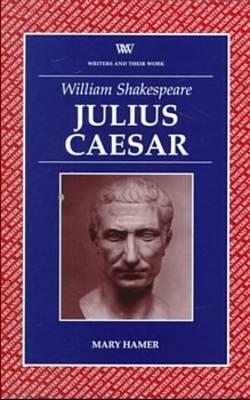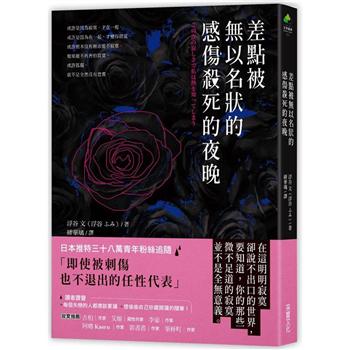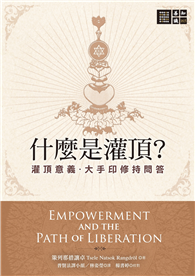In Julius Caesar Shakespeare links the problem of treachery between Roman men with the institution of marriage, and with men’s dissociation from women. He asked his first audience to recognise in the Rome that he represents features of the England in which they were living themselves: a state ruled by fear where the connection between keeping control over religious observance and maintaining the authority of the government was evident to all. This new reading offers an account of the historical figure of Caesar and of the Roman tradition that he has come to represent, while throwing Shakespeare’s own scepticism about the heritage of Rome into relief. Approaches drawn from object relations theory and from cultural history are combined with a sense of the work in performance to develop a detailed close reading of the language and of the interactions of the play.












